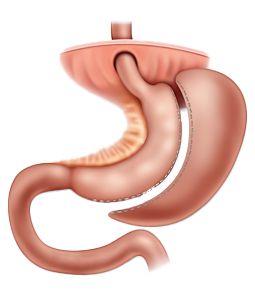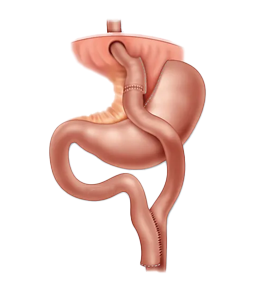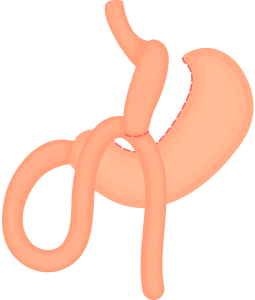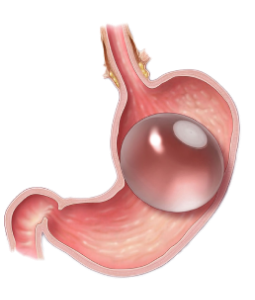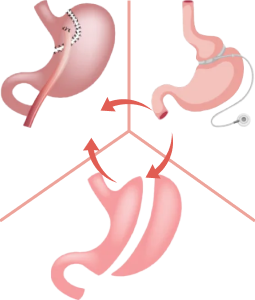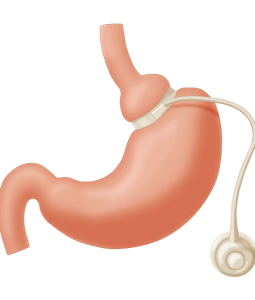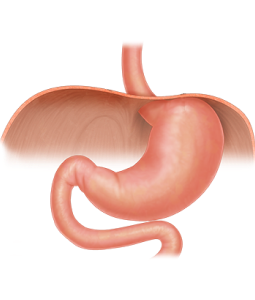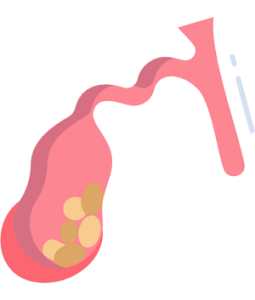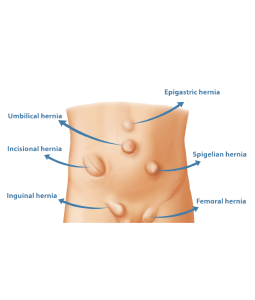Acid reflux, commonly known as GERD (Gastroesophageal Reflux Disease), affects millions of individuals, leading to uncomfortable symptoms such as heartburn, regurgitation, and chest pain. When lifestyle changes and medication are not effective, anti-reflux surgery provides a reliable solution. Dr. Niruben Rajasagaram, an experienced surgeon, offers advanced anti-reflux surgery in Melbourne, helping patients manage symptoms.
Using minimally invasive techniques like laparoscopic fundoplication surgery, Dr. Rajasagaram treats a range of conditions, including GERD and hiatal hernia. His approach focuses on effective symptom control with quicker recovery and fewer complications.
Whether you're dealing with severe acid reflux or need hiatal hernia surgery, Dr. Rajasagaram provides solutions personalised to your needs.


